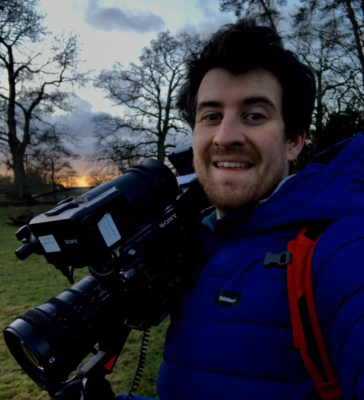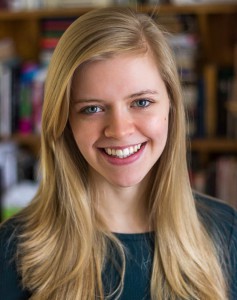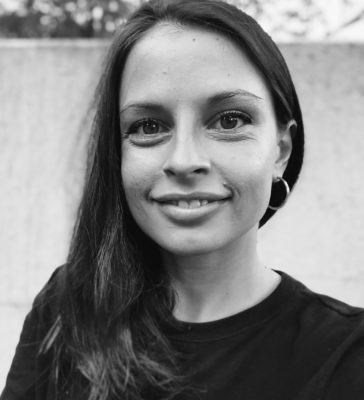
Dom Walter
Current Employer/Organisation Name
BBC Natural History Unit
What have you been doing since leaving Exeter, and what are you doing now?
Since leaving Exeter I have been working in the film industry, specifically making scientific and natural history documentaries.
Why did you choose this career? And what do you enjoy most about your work?
Scientific documentaries are a great source of knowledge; they have always inspired me to explore and learn more about the complex world we live in. A major reason why I decided to venture into scientific film is that, during my time at University, the dissemination of scientific findings and the challenge of putting them into a relatable context via means of visual presentations was the most enjoyable aspect of my course. Television is a powerful medium for communicating scientific research to the public; it uniquely transports people into a world, which would otherwise be inaccessible. It also captures events at a specific time and space, making them accessible for generations to come. Television creates a window through which future generations can witness all the weird and wonderful flora and fauna which, due to the recent elevated extinction rates, they may not have had the opportunity to observe first hand. One of the best things about working in this industry is by far the unparalleled access to places and people you get. Over the last couple of years, I’ve dined on the border of North Korea, hung out with astronauts, flown in helicopters over glaciers in Alaska, and touched a T.rex as it’s being exposed for the first time in 66million years!
Please tell us if you were a member of any societies, groups or sports clubs?
My housemates and I set up the Exeter slackline society. I was also part of the snow sports freestyle team, surf soc, and rugby soc.
What did you enjoy most about your programme and what was the biggest highlight?
Field trips and practical sessions were by far the most enjoyable aspects of the course. Learning how to present and communicate science visually, was also a great aspect to the course.
What did you enjoy most about studying here?
The city, people and societies made the experience at Exeter brilliant!
Why did you choose to study at Exeter?
It was a small and manageable city – still had rural and friendly southwest vibes!
What skills and experiences have been most useful for your career?
The ability to summarize, verbally and written, scientific papers in a concise manner as possible.
What advice would you give to a current student who wishes to pursue your career?
Grab a camera, iPhone will do, and practice visual storytelling. Find something that captures your imagination and run with it – make a film! Could be on anything from understanding the iridescence of neck plumage of a pigeon on campus, to flying out to Borneo and capturing the mellifluous love songs gibbon pairs perform every morning!
What are your plans for the future?
I hope to direct a BBC landmark series with the man himself, Sir DA!

